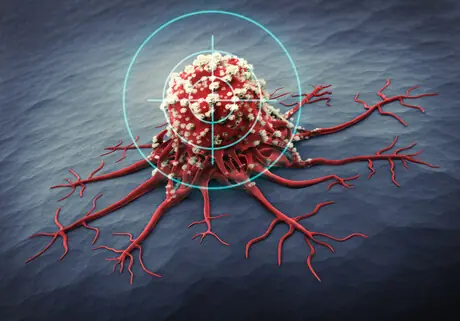
How Blood Production Changes After 70: New Research Reveals a Surprising Shift
How Blood Production Changes After 70: New Research Reveals a Surprising Shift
As we age, our bodies go through numerous changes—but a new international study has revealed a surprising and dramatic shift in blood production after the age of 70. For decades, scientists believed that aging was a gradual decline. However, recent findings show that the way blood is made changes sharply in later life, driven by the buildup of genetic mutations in blood stem cells.
Blood Stem Cells: The Key Players in Aging Blood
Our bone marrow produces blood through a network of blood stem cells, which are responsible for generating red blood cells, white blood cells, and platelets. In younger adults, tens of thousands of these stem cells work together fairly equally. But after age 70, the blood system begins to rely on only a small number—typically 12 to 18 dominant clones. These powerful stem cell clones are shaped by rare mutations acquired over a lifetime, known as driver mutations.
These dominant clones don’t just take over—they also reduce the body’s ability to produce healthy, mature blood cells, which in turn leads to a decline in immune function, cytopenia (a drop in blood cell counts), and a higher risk of blood cancers.
Clonal Hematopoiesis: A Silent Shift in Blood Health
This phenomenon, called clonal hematopoiesis, is now recognized as a key factor in age-related blood disorders. The researchers sequenced over 3,500 individual blood stem cells from people of all ages. They discovered that up until around age 65, stem cells divide the workload evenly. But beyond age 70, the blood system becomes dominated by a few clones that likely originated from early-life mutations.
While these mutations give certain cells a competitive growth edge, they often come at the expense of proper blood function. These clones multiply faster but lose the ability to form fully functional blood cells, contributing to the aging of the blood system.
Environmental and Lifestyle Triggers Matter
Interestingly, lifestyle and environmental factors can influence how quickly these dominant clones take over. Factors such as chronic inflammation, smoking, and past cancer treatments may accelerate the expansion of these mutated cells. This means that some individuals may face blood-related aging issues much earlier than others.
Hope for Healthier Aging
The good news? Scientists believe there may be ways to slow down or prevent the dominance of harmful stem cell clones. This discovery opens the door to potential anti-aging therapies and preventative strategies for maintaining healthier blood systems in older adults.
Understanding how genetic mutations and stem cell dynamics influence blood health could be the key to improving longevity and reducing age-related diseases. As research continues, we may see new interventions that support healthy aging and better disease resistance in the elderly.
News in the same category

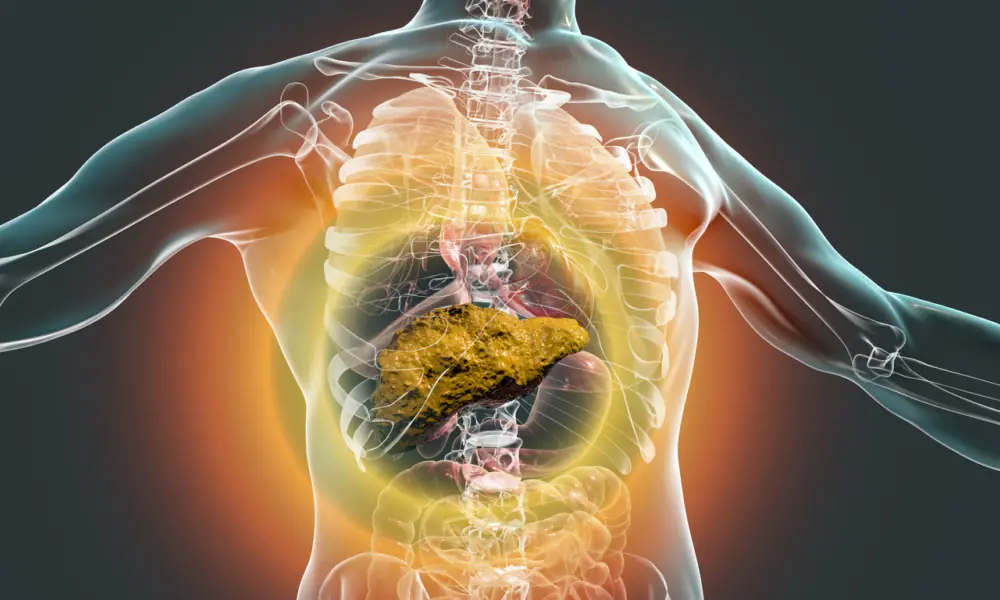
Fatty Liver Disease Affects 1 in 4 People — A New Treatment Shows Promising Results

Menopausal Brain Fog? Low Iron Levels May Be the Hidden Cause

Lung Cleansing with a Powerful Natural Garlic Juice
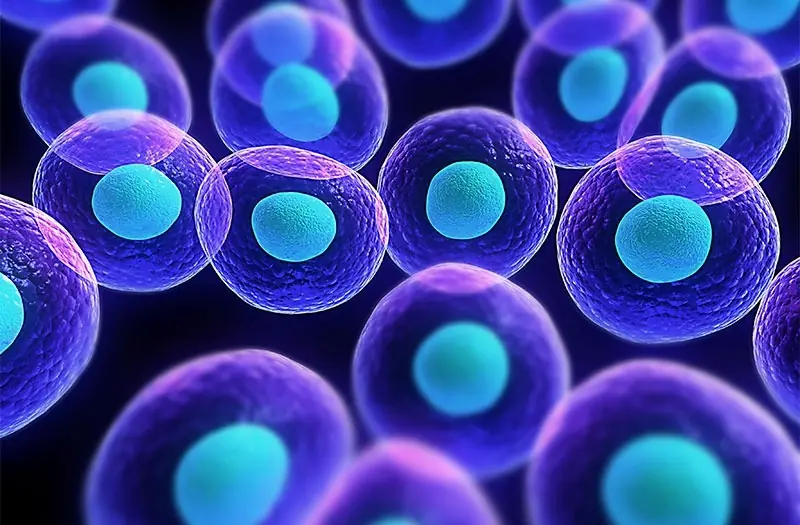
A recent study has uncovered a key switch in aging—and it all comes down to a structure inside your cells called the nucleolus

ScienceScientists Say Viral Infections Could Be The Hidden Cause Of Alzheimer’s — 30 Years Of Research Now Validated
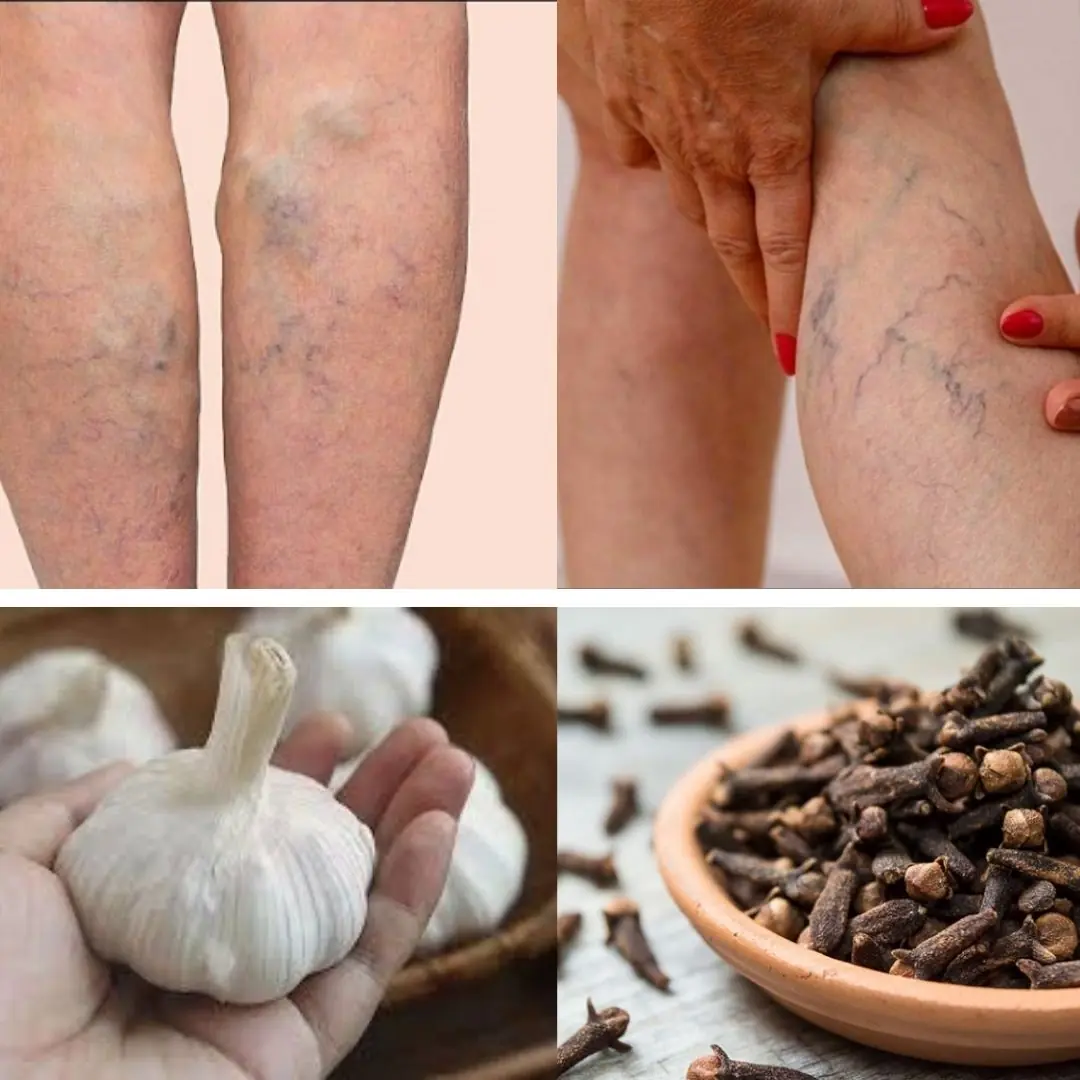
🧄🌿 Natural Remedy for Leg Pain, Rheumatism, Varicose Veins & Arthritis with Cloves and Garlic

White Clover (Trifolium repens): 15 Benefits and Homemade Uses
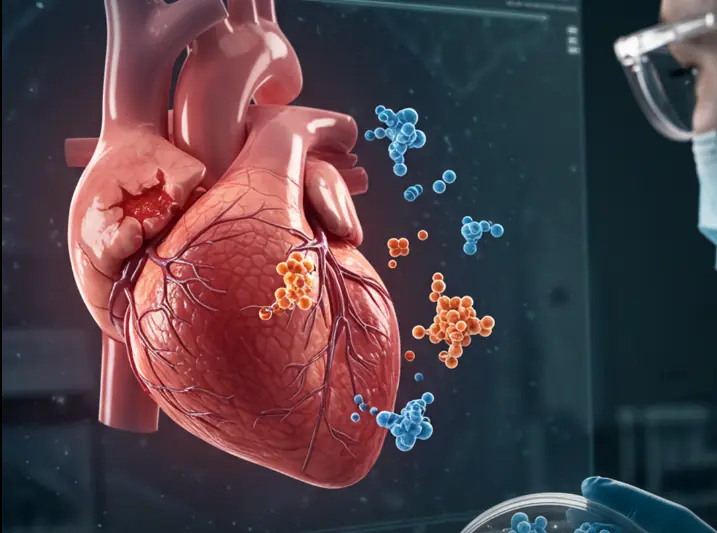
Breakthrough Protein Combo Could Heal Heart Damage and Regenerate Organs
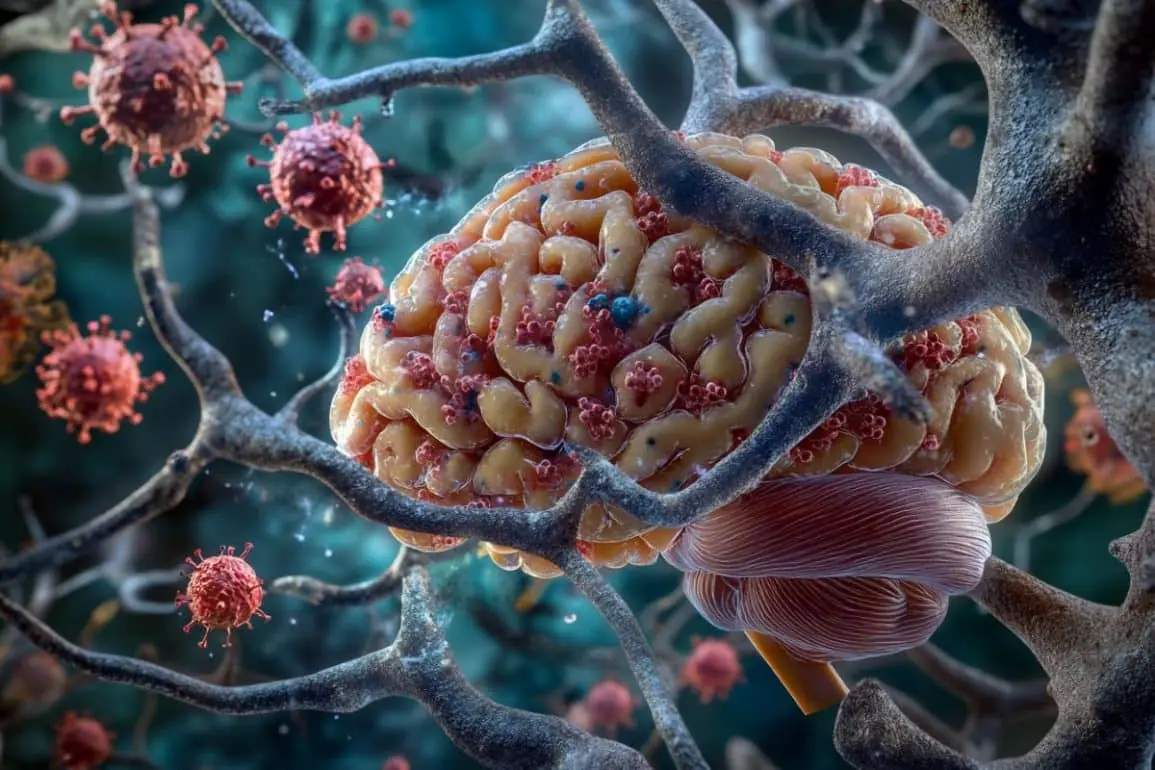
Head Injuries May Reactivate Dormant Viruses and Trigger Alzheimer’s-Like Brain Damage

What Is Acid Reflux? Causes, Symptoms, and How to Prevent GERD

AI and Eye Scans: A Breakthrough in Fast, Accurate ADHD Diagnosis

Early Signs of Heart Disease: What Chest Pain, Shortness of Breath, and Swollen Legs Could Mean
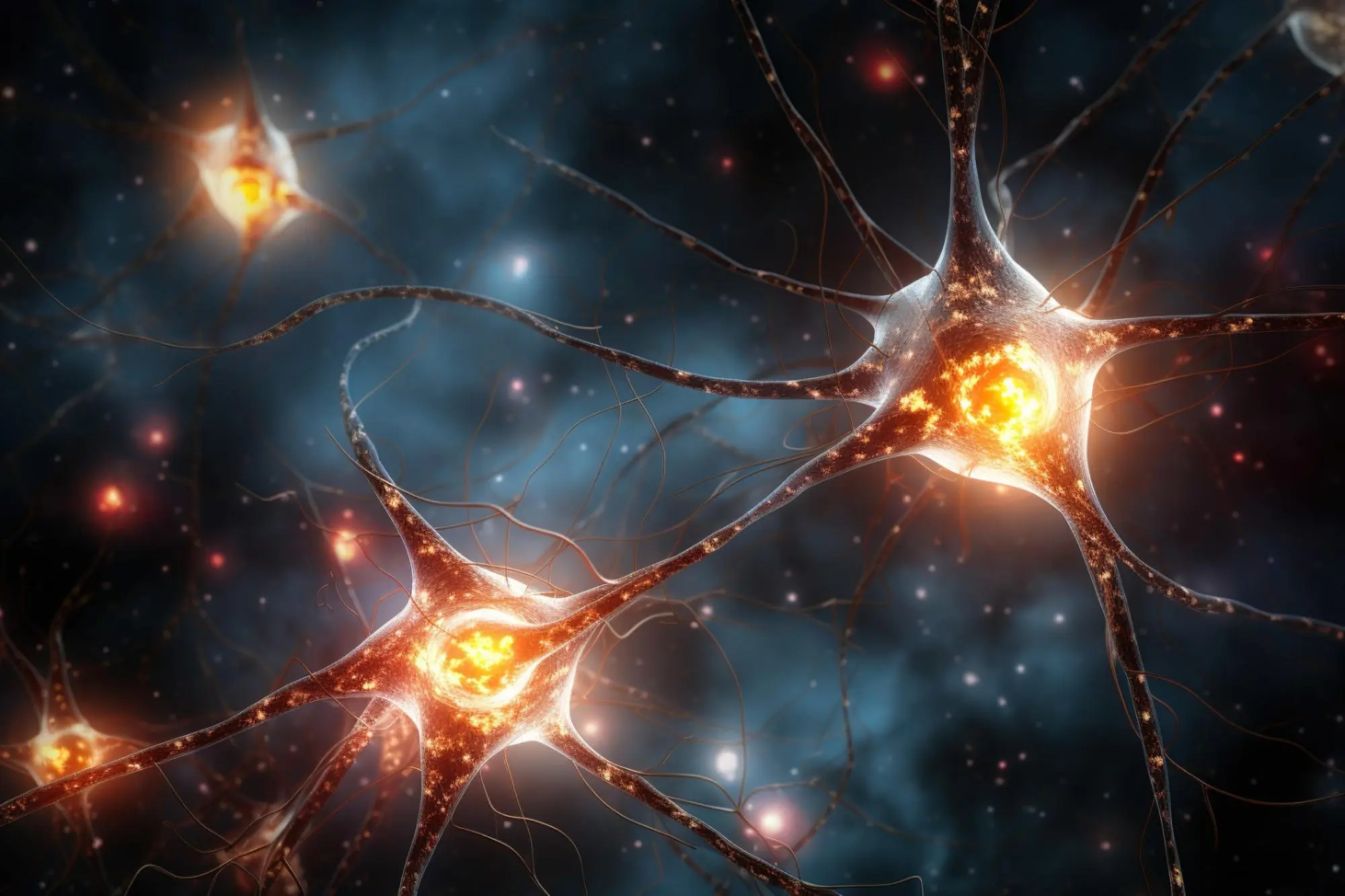
Groundbreaking Nanoparticle Technology Reverses Parkinson’s Disease in Stunning Study

This Psychedelic Root from Brazil May Be Able to Treat Depression

Researchers Reveal How Long It Takes To Grow Muscle When Lifting Weights

Waking Up After 6 Hours of Sleep? Here's Why—and Whether It’s Enough
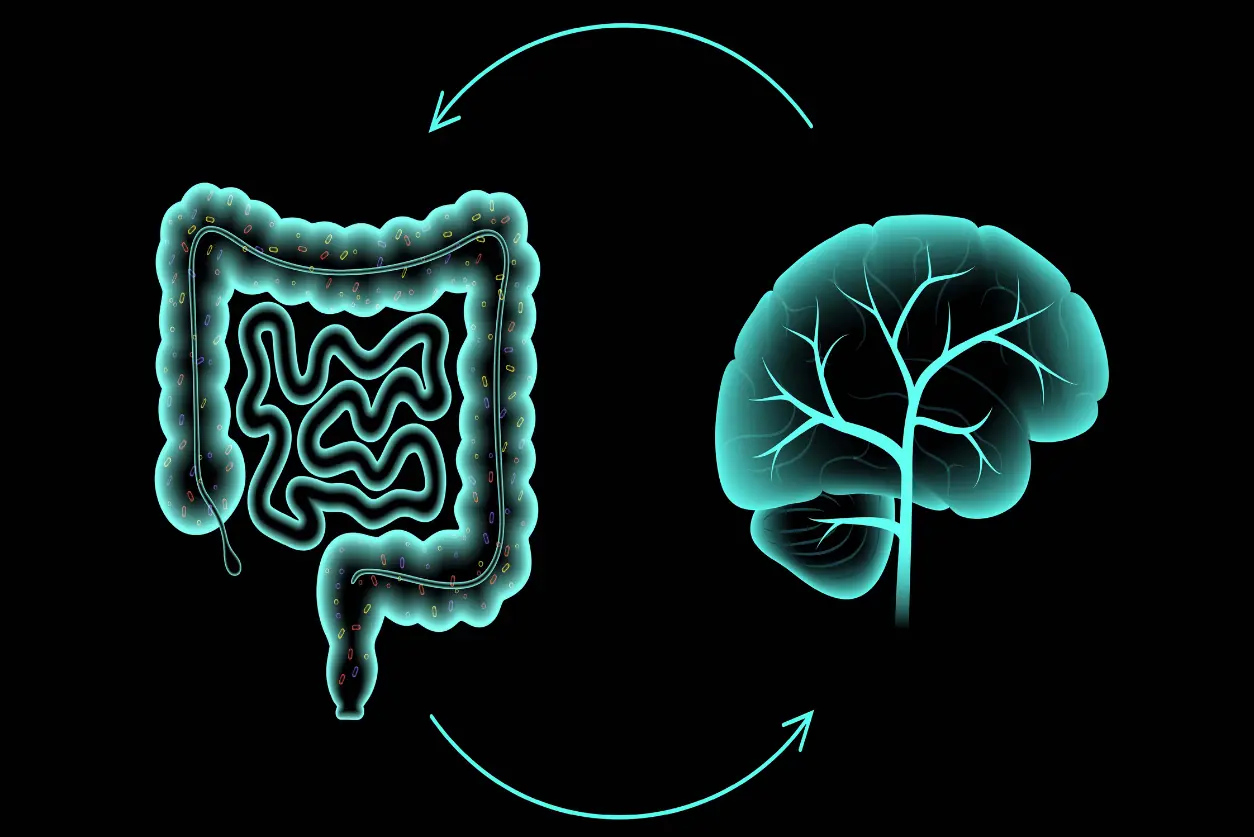
How Your Gut Bacteria Influence Your Mood, Thoughts, and Mental Health

The Hidden Cost of Anger: How One Minute of Rage Can Weaken Your Immune System for Hours
News Post

Persistence Hunting: How the San People of the Kalahari Master the Art of Endurance

Halley’s Comet Is Back, But This Time, It’s Raining Fire

Breakthrough Cancer Treatment Uses Ultrasound and Microbubbles to Destroy Tumors from Within

Fatty Liver Disease Affects 1 in 4 People — A New Treatment Shows Promising Results

Menopausal Brain Fog? Low Iron Levels May Be the Hidden Cause

Lung Cleansing with a Powerful Natural Garlic Juice

A recent study has uncovered a key switch in aging—and it all comes down to a structure inside your cells called the nucleolus

ScienceScientists Say Viral Infections Could Be The Hidden Cause Of Alzheimer’s — 30 Years Of Research Now Validated

Greece Rocked By Massive Earthquake As Tsunami Warning Sparks Panic

Sun Unleashes Monster Flare As Scientists Say Earth Could Be Hit By Massive Solar Storm Tomorrow

🧄🌿 Natural Remedy for Leg Pain, Rheumatism, Varicose Veins & Arthritis with Cloves and Garlic

Modern House Fires Burn Faster: Why You May Have Only 3 Minutes to Escape

White Clover (Trifolium repens): 15 Benefits and Homemade Uses

A Mom of 7 Demanded My Deaf Grandpa Get Out of the Elevator—So I Brought Her Back to Reality

Could the Sahara Desert Power the Entire World with Solar Energy?

Breakthrough Protein Combo Could Heal Heart Damage and Regenerate Organs

Head Injuries May Reactivate Dormant Viruses and Trigger Alzheimer’s-Like Brain Damage

My Ex-husband Got Our House, Car and All Our Money After Divorce – I Laughed Because That Was Exactly What I Planned
